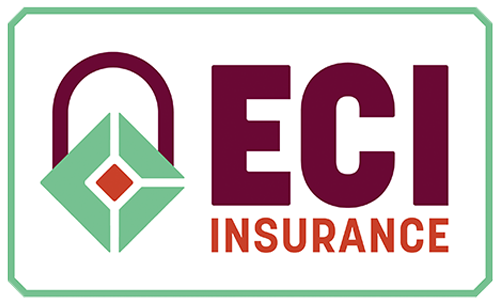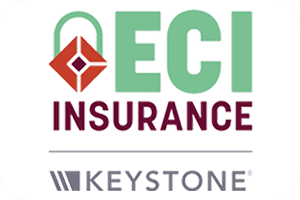It’s finally time. You’re purchasing that business that you’ve always dreamed about owning. Maybe you’ve been a partner in the business for a long time and you’re taking it over, or maybe you and your buddy are finally starting that dream business you’ve always wanted. Whatever it is, planning out the buy-sell agreement is one of the most crucial things that you’ll do.
If you are entering into a partnership or taking over a business, you HAVE to plan ahead for the future and the unexpected. Have you heard the tried and true wisdom that states never make an emotional decision in a difficult time? Having a buy-sell agreement can protect you from having to do such a thing.
As your business begins to grow, it can feel like everything is on the road to success. You’ve worked so hard to build your business and make it as successful as possible. All of those hours, sweat, and sacrifices that you’ve made have gotten you to where you are today.
But what if the unforeseen happens? What if something were to happen to you? What about your partner? Would either of those losses leave the weight of the business and its operations on one person? What about trying to sell the business? For anyone, handling this burden alone can be too much, but especially if you’re dealing with the loss of someone close to them as well.
This is why smart partners have these hard conversations ahead of time and set up buy-sell agreements and fund them with life insurance. These agreements are just as important as a commercial general liability policies and are designed to ensure that the change is seamless when and if the loss of a partner does occur.
What is a Buy-Sell Agreement and Why Do You Need One?
When you are in the process of discussing contracts with your business partner, one of the many different situations that you need to plan for is if you or your partner pass away. Both you and your partner contribute to your business with your own unique skills. You may be a master at marketing and your partner might be a guru at sales.
But what happens if one of you is gone? The partner remaining is left dealing with everything and so often when a plan is not in place, this kind of loss can quickly lead to financial turmoil. Buy-sell agreements prevent all of this from happening by planning for how the business will be handled in these types of situations and providing a definitive plan for the business to continue on.
You never know what’s going to happen in the future and your business and everything you’ve built should not be left to chance.
Types of Buy-Sell Agreements That You Can Implement
There are two different types of plans that you can implement when you are drawing up a buy-sell agreement. It’s important to decide what is the best option for you are your partner.
- The Stock Redemption Plan – With this path, each partner enters into an agreement with the business that states if one partner passes away, their shares will go to the remaining partner and not an heir, family member, or next of kin. The business will buy life insurance which is where the funds to purchase the shares will come to and pay the premiums. The members will receive the proceeds from the sale.
- The Cross-Purchase Plan – When there are two or three business owners, the cross-purchase plan may be more ideal. With this plan, each of the owners purchase a life insurance policy on the other owners and own the life insurance plans. If one of the owners were to die, the surviving owner would be the beneficiary and use the fund to buy-out the owner that passed away. This works very similar to a normal life insurance policy that you would have on a spouse or loved ones. If they pass away, you get the payout, but in this case, the money is used to buy the rest of the business and help recover from the loss of a business partner.
Why is Life Insurance the Best Way to Fund a Buy-Sell Agreement?
Whenever life insurance is used to funded buy-sell agreement, either other business owners or the business buys the life insurance policy with the other owners as beneficiaries. No partners buy insurance on themselves. This gives everyone peace of mind that they will receive the benefits they need to know that the business can remain in operation. Here are some of the many benefits of using life insurance as your funding choice:
- Income tax-free: As a business owner, you know how much money the government can take when you are in a higher tax bracket. The proceeds that beneficiaries receive from a life insurance policy are income tax-free. This means that the entire face value can be used to purchase business interest.
- Cash: Life insurance is paid in full in one lump sum. This means that the business does not have to wait to receive small payments of the benefits.
- Quick Payment: In most cases, life insurance is paid out quickly to beneficiaries. This means that the buy-sell agreement can be settled much faster.
- Permanent Life Insurance: Permanent life products will build cash values that can be used when a partner is disabled or retires.
It is crucial to make sure that however you plan for the buyout, there is more than enough money to do that. Having a fully funded agreement ensures that your share of the business will be paid for in full so that your family gets the cash they need instead of worrying about dealing with everything behind the scenes. Curious on other methods of funding? Click here to find out.
It’s vital that you and your business partners have everything specifically laid out and agreed upon, just in case you ever run into one of these tragic circumstances. It’s better to prepare for it now than trying to scramble later.
If you have questions regarding your buy-sell agreement, ECI is always here to help.



